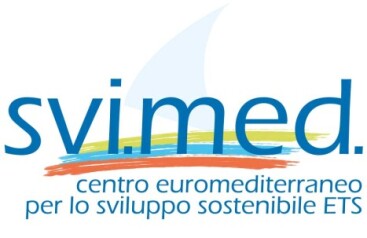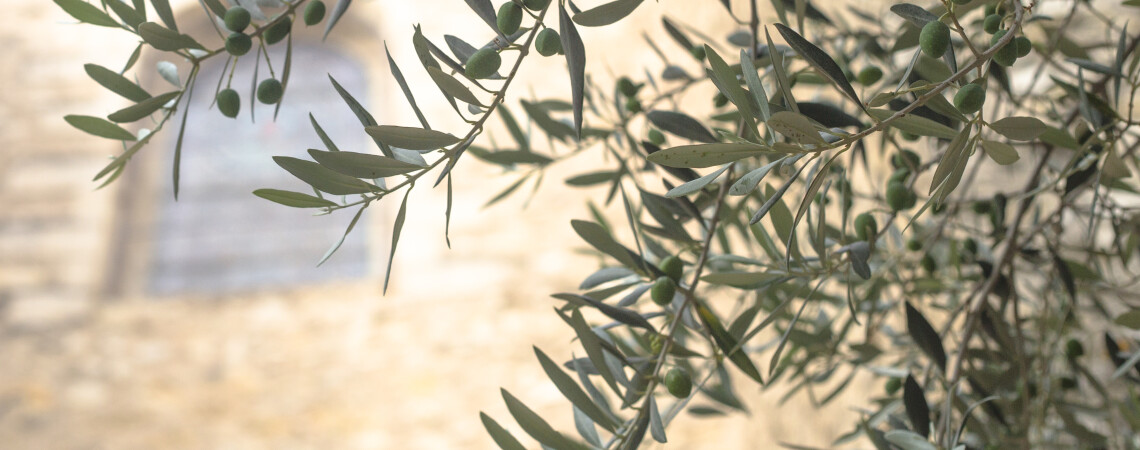
Climate changes are having a severe impact on the olive sector in the Italy-Tunisia cross-border area, with evident effects such as drought, high temperatures, pathogen proliferation and new diseases. The STEP-OL project takes an innovative approach to strengthening the resilience of olive cultivation by monitoring and combatting water and phytosanitary stress.
There are two main lines of action:
- The development of a methodology for monitoring water stress in olive trees and optimising irrigation.
- The creation of an intelligent system for the early diagnosis of olive diseases (including Xylella fastidiosa) and phytosanitary management.
STEP-OL promotes the transfer of good practices and technical-scientific knowledge between Italy and Tunisia through demonstration activities on 20 pilot farms, the use of digital tools, training, and the development of a shared climate adaptation strategy for the olive sector.
Partner
- APO – Società Cooperativa Agricola Produttori Olivicoli (Italia) – Capofila
- CREA – Consiglio per la ricerca in agricoltura e l’analisi dell’economia agraria (Italia)
- SVIMED – Centro Euromediterraneo per lo Sviluppo Sostenibile ETS (Italia)
- INAT – Institut National Agronomique de Tunisie (Tunisia)
- SMBSA – Société Mutuelle de Base de Service Agricole de Nabeul (Tunisia)
Partner Associati
- CIA – Agricoltori italiani Associazione regionale della Sicilia (Italia)
- IO SOUSSE – Institut de l’Olivier Unité Spécialisée de Sousse (Tunisia)
The main expected results are:
- The creation of the ‘Citizen Science STEP-OL Decalogue’ to encourage the involvement of civil society.
- Exchange of knowledge and skills between partners and ten selected SMEs through ‘exchange visits’ (one in Sicily and one in Tunisia).
- Guidelines for jointly implementing pilot actions.
- One pilot action for water management in olive groves.
- One pilot action for the early diagnosis and management of emerging diseases.
- Involvement of 20 pilot farms (10 in Sicily and 10 in Tunisia).
- Two joint technical manuals on irrigation and olive tree diseases.
- Forty organisations are involved in training to transfer solutions.
- One shared strategy for resilient olive growing.
- One memorandum of understanding for the transfer of results.



